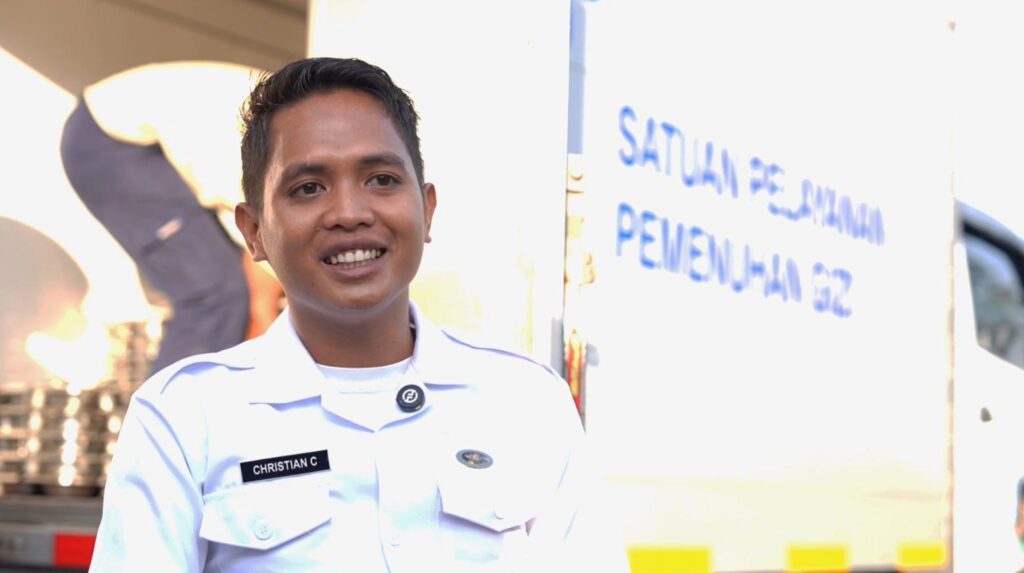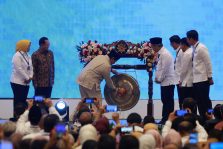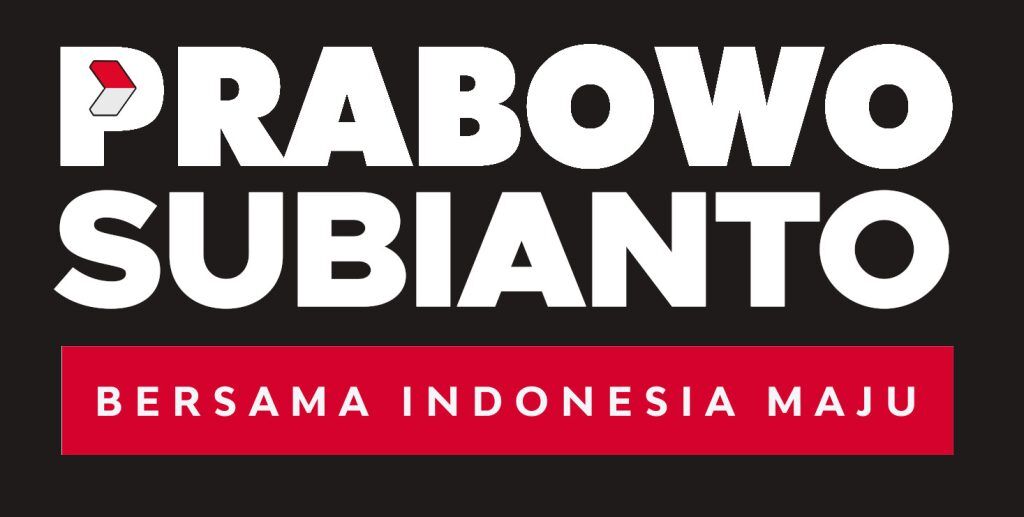Southwest Sumba, East Nusa Tenggara — One morning in a school in Tambolaka subdistrict, an unusual yet moving scene unfolded: a parent waited patiently—not to meet a teacher, not for a school event, but simply to say thank you. No one had asked them to come. They came of their own accord, moved by gratitude. Their child, once often arriving at school hungry, now studied with a full stomach and renewed enthusiasm.
The story comes from Christian Chandralitya Reski Leteboro, Head of the Nutritional Services Unit (SPPG) Tambolaka, who witnessed the moment firsthand.
“There was a time when a parent waited at an SPPG school just to thank us,” Christian recalled. “They told us their child now receives nutritious meals every day—meals with enough nutrients to support their son or daughter’s development.”
The Free Nutritious Meal (Makan Bergizi Gratis or MBG) program in Southwest Sumba is making a profound impact—not only on students, who are now more active and eager to attend school, but also on parents who have long struggled to provide food under challenging economic conditions.
“We were deeply touched,” Christian said, describing the reaction of his team. “The parents’ enthusiasm, their appreciation—it really shows how much this program is helping them.”
Currently, the SPPG kitchen serves 11 schools and one community health post (posyandu) daily. But the program goes far beyond just feeding children—it represents a deeper care for their well-being. Every meal is carefully prepared with proper nutritional content to support the children’s growth and learning capacity.
And the results are becoming visible.
“The children are more engaged in class, more active in school activities. They attend school more regularly,” Christian noted.
Perhaps the most powerful impact is psychological. The attention given to these children through a simple meal has transformed attitudes toward education.
“In the past, student attendance was lower,” Christian explained. “But now, with the meal program in place, the kids don’t even want to miss a day.”
For many families, the MBG program is not just assistance—it’s a lifeline. And the gratitude from parents is more than just polite thanks; it’s a heartfelt reminder that policies like this touch lives in real, tangible ways.
In the words of one parent’s silent wait at a school gate, the message is clear: these meals are more than food—they are hope.





